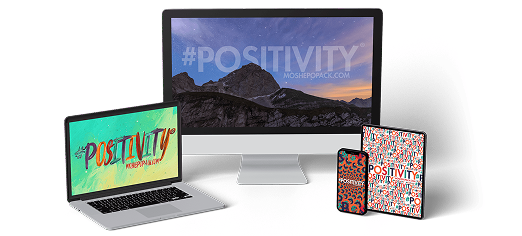Grant Cardone recently shot a social media video, where he shared why he thinks a house is a terrible investment. Here’s what he said:
“A house is a terrible investment because you have to buy the house; because you have to lock into a 30-year loan; because you have to pay property taxes for 30-years, that you have no control over. And, you have to put insurance on that house. The local government will make more money on that house, because they’ll make 2% a year (on it) in Florida, regardless of what you make.
“Do you understand that real estate brokers will make 12%, whether you make money or not. Bank of America, Wells Fargo and more have gotten rich, in the trillions of dollars, because you went and leveraged a mortgage yourself, basically to the masters of the universe. Put all of this together – the interest, the property taxes, and the insurance – you have to make like 300% on the sale of your house to break even, before you even pay a realtor!”
Here’s my reply: I would say, actually, that it depends. I wouldn’t say, carte blanche, that it’s a bad investment. If you have a family and you want stability, it’s a different need. It’s not a business move. If you need stability for your family and you want them to feel comfortable, then you should buy. Because real estate ownership is not always about business.
That said, since we usually talk about the sunny side of real estate, let’s flip the script. Here are some more reasons why buying a house may be a BAD idea.
As Grant mentioned, there is a significant financial burden. Buying a house involves numerous upfront costs, including a down payment, closing costs, and several other fees. These expenses can be a strain on your finances, which can cause financial and personal stress. Then there are the ongoing costs of homeownership, like mortgage payments, property taxes, and insurance. And don’t forget about maintenance!
The real estate market and its unpredictability is another factor to consider when buying a house. Property values fluctuate due to economic conditions, market trends, and unforeseen events, which may leave you with a property that’s worth less than what you paid for it. For perspective, think back to the 2008 financial crisis. That should serve as a vivid reminder of how quickly and dramatically the housing market can decline, as it left countless individuals with underwater mortgages and financial ruin.
Societal trends are also shifting, and this impacts the market as well. There are an increasing number of people who now prefer flexibility and mobility over the traditional idea of putting down roots in a permanent residence. The modern workforce frequently demands geographical flexibility, making renting a more attractive option for many people who need to relocate for their careers. Renting offers the flexibility to move without having to sell a property, allowing people to adapt to changing circumstances more easily.
Furthermore, we are in the midst of a cultural shift towards prioritizing experiences over possessions. Millennials are choosing to spend their money on travel, education, and other experiences rather than tying themselves down to a home, and the responsibilities and costs that come with that. Renting offers a lifestyle that aligns better with these priorities, allowing people the freedom to allocate their resources as they want.
In conclusion, while homeownership has long been seen as a symbol of stability and success, it may not be the best solution for everyone, especially when you consider the associated costs, market uncertainties, and shifting societal trends. Renting can provide greater flexibility and allow you to prioritize experiences over possessions. Before you buy a home, it’s essential to weigh the pros and cons carefully, and consider your financial situation, lifestyle preferences, and long-term goals.

